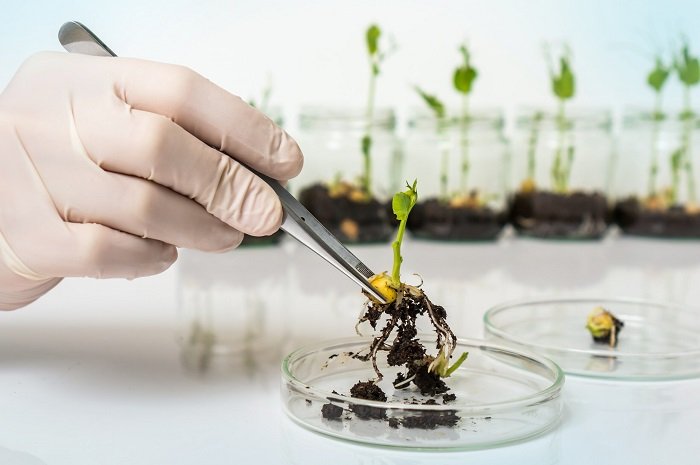IIT Madras researchers identify eco-friendly process to turn agricultural waste into industrial enzymes
The study was conducted by Prof Sathyanarayana N Gummadi, faculty of the Department of Biotechnology, IIT Madras and Rekha Rajesh, Research Scholar, IIT Madras
Indian Institute of Technology Madras researchers have identified a bacterium that can turn agricultural waste into industrial enzymes through a cost-effective and environment-friendly process.
Industrial enzymes such as alpha-amylase and cellulase are in high demand in various industries that deal with textiles, paper, detergents, and pharmaceuticals. The IIT Madras researchers studied how a bacteria called ‘Bacillus sp PM06’ can aid in producing industrial enzymes and value-added products from agricultural waste.
The study was conducted by Prof Sathyanarayana N Gummadi, faculty of the Department of Biotechnology, IIT Madras and Rekha Rajesh, Research Scholar, IIT Madras. The findings of the research have been published in the reputed peer-reviewed journal Biomass Conversion and Biorefinery.
Highlighting the key applications of the research, Prof Sathyanarayana N Gummadi, said, “The organism which we have isolated has a fermentation capacity to hydrolyse very low-cost lignocellulosic wastes without pre-treatment, thus reducing the cost of bioprocess for production of enzymes and industrial metabolites.”
Further, speaking on how this research compares with existing technology, Prof. Sathyanarayana N Gummadi, said, “The most challenging aspect of bioconversion is the development of a one-step process which includes pre-treatment, enzyme hydrolysis and microbial fermentation thus minimising environmental impact. Many researchers are focused on isolating single microorganism producing multiple enzymes to solve the issues. But, IIT Madras researchers are successful in isolating a novel strain from sugarcane pressmud.”
Thus, the researchers studied the bacteria, Bacillus sp PM06, which was isolated from sugarcane waste press mud. This bacterium helped in the production of industrial enzymes and value-added products from agricultural waste. The wheat barn was found to be the most effective substrate followed by sago waste and rice barn.
The study was conducted by Prof Sathyanarayana


